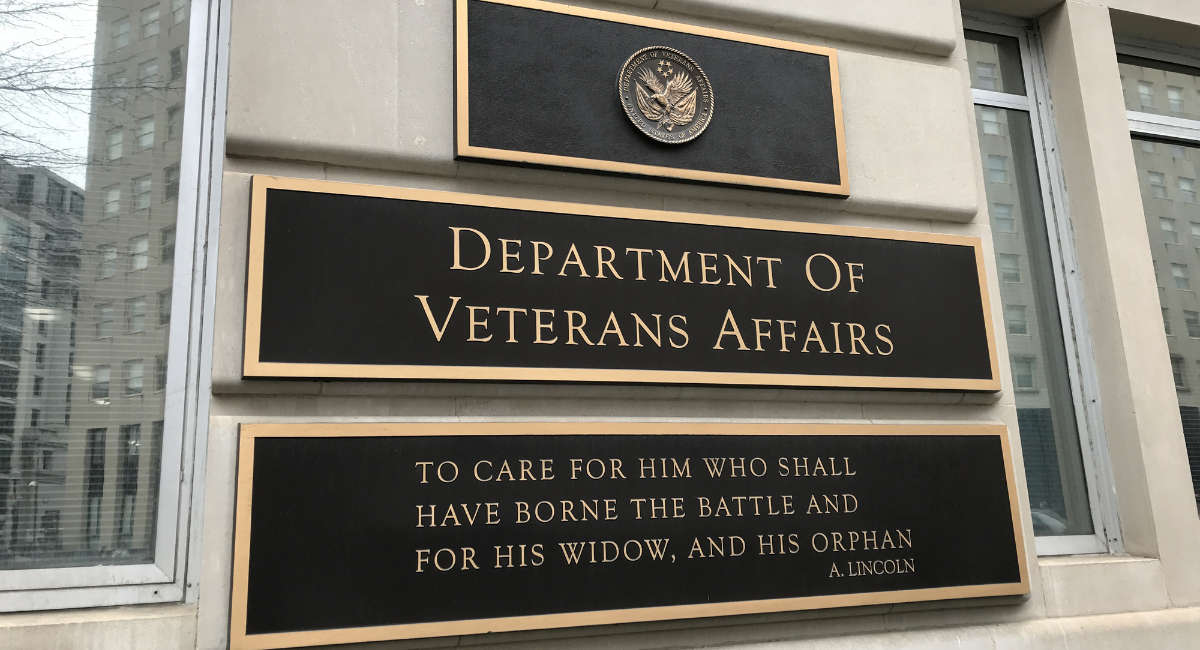A week after instituting its new abortion policy to provide abortions to veterans and their beneficiaries in certain cases, the Department of Veterans Affairs (VA) has announced a new policy expanding eligibility for in-vitro-fertilization (IVF) services.
Previously, only married heterosexual couples using their own sperm and eggs could qualify for IVF services. The policy change lifts these requirements, allowing all troops and veterans to access IVF regardless of their martial status or sexual orientation, and they may use donor eggs or sperm.
“Raising a family is a wonderful thing, and I’m proud that VA is helping more veterans to have that opportunity,” VA Secretary Denis McDonough said in a statement. “This expansion of care has long been a priority for us, and we are working urgently to make sure that unmarried veterans and veterans in same-sex marriages will have access to IVF in every part of the country as soon as possible.”
The policy change was championed by the National Organization for Women’s New York Chapter. “We are grateful to the Defense Department and overjoyed for the service members who, through this policy change, will now be able to access the reproductive healthcare so desperately needed in order to build their families,” Sonia Ossorio, executive director of NOW-NYC, said in a statement Monday.
READ: IVF pioneer slams the modern-day fertility industry
Pro-abortion Senator Patty Murray, who is sponsoring a bill to make IVF a federal right, also praised the ruling. “Servicemembers and veterans have sacrificed so much—but they should never have to sacrifice their ability to start a family,” Murray said in a Monday statement on X, formerly known as Twitter. “This announcement is an important step to help veterans start & grow their families—& it’s especially timely as IVF is under attack from the far right.” Murray made this claim because Alabama’s Supreme Court recently ruled that preborn children created via IVF are protected as children under the state’s Wrongful Death Act; however, immediately thereafter, state lawmakers passed a law protecting IVF in the state and the governor signed it.
Though the policy change is being praised by liberal lawmakers and organizations, there are significant problems with IVF. Despite being in the business of creating life, IVF destroys preborn human lives at a significantly higher rate than abortion does, and its process of selecting and destroying embryos is eugenic in nature. A mere 7% of the children created via IVF end up surviving to birth.
According to research published in Reproductive Biomedicine Online, IVF is carried out 2.5 million times annually around the world, but each year only 500,000 babies are born from IVF. Embryos that are unwanted or deemed somehow less-than-perfect are often discarded, or frozen indefinitely in storage facilities.
Those children who are born often experience complicated feelings about where they come from and who their biological parents are, especially when donor sperm or eggs are involved. The industry is also largely unregulated, resulting in anyone who has the means and ability being able to ‘buy’ a child, with no background checks or evaluations — unlike adoption.
Though it is understandable for military veterans – and anyone else – to desire and long for children, that desire does not equal a ‘right.’ The IVF process causes far too much damage to the child involved for the ends to justify the means.







